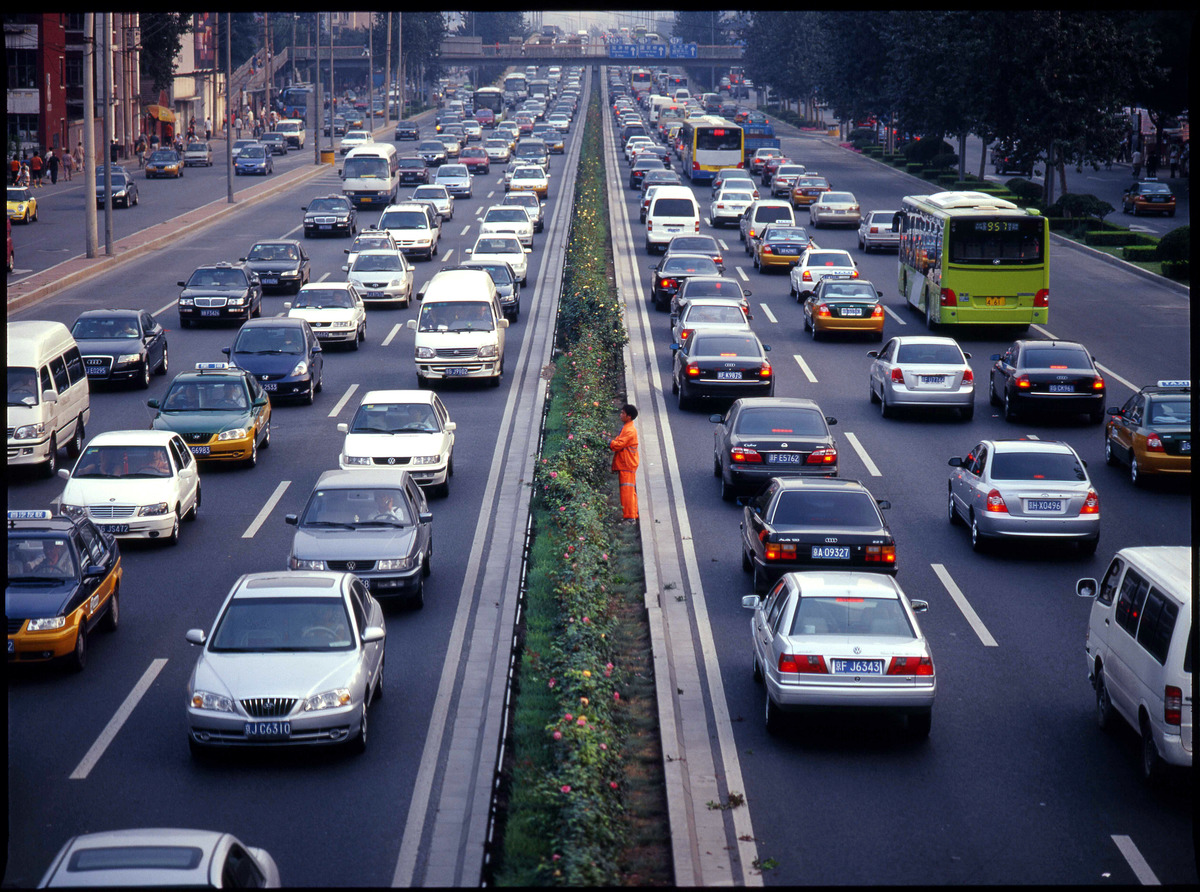- Joined
- Jul 15, 2020
That stuff happens in forums all the time. But it's not legal. Would someone go after me, probably not the NYT.
IMAGES are another story. There is a full business model of posting images people are likely to want to use. The company has not intention of ever actually selling the image. The money is made by lawyers following up and "settling." This cost our company $10k two years ago.
Here's the thing. A link BACK to the original source has SEO (google) value. One someone steals our content without asking, and they LINK back to us. I don't even bother to complain. And for NYT if you get their paywall message, they have an opportunity to sell you a subscription.
Email me the link I can add it.
IMAGES are another story. There is a full business model of posting images people are likely to want to use. The company has not intention of ever actually selling the image. The money is made by lawyers following up and "settling." This cost our company $10k two years ago.
Here's the thing. A link BACK to the original source has SEO (google) value. One someone steals our content without asking, and they LINK back to us. I don't even bother to complain. And for NYT if you get their paywall message, they have an opportunity to sell you a subscription.
Email me the link I can add it.








